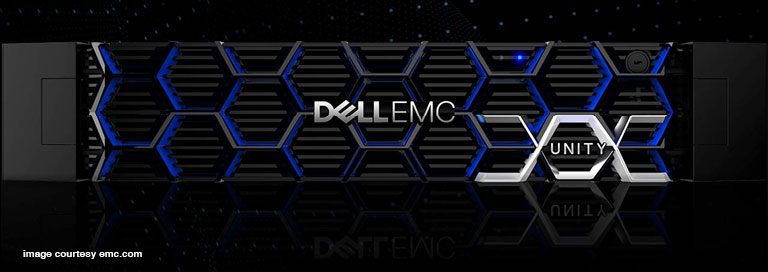For decades, businesses have been looking for a viable alternative to hard-disk drive (HDD) storage. Spinning disks have always been limited by slow read/write response times, poor durability, and high power and cooling costs. Nevertheless, HDD traditionally has been the most cost-effective storage medium.
Flash-based solid-state drives (SSDs) have been around for almost 30 years. Flash is 250 times faster than disk and has no moving parts, making flash more durable and cheaper to power and cool. Unfortunately, these benefits have come with a premium price tag that made flash accessible to only the largest enterprises.
However, that price has come down significantly during the past few years and flash has begun to go mainstream. If your organization’s productivity is being hampered by poor application performance, or you plan to implement new applications and initiatives that require high performance, you should be evaluating flash storage. If your data center is pushing the limits of its physical space and power capacity, or you’re looking to virtualize more workloads, now is the time to consider the leap to flash.
There are two key characteristics that small to midsize businesses (SMBs) look for in any technology initiative – affordability and simplicity. Until recently, those two features generally have been lacking in business-class flash storage.
Earlier this year, EMC introduced EMC Unity, a family of all-flash storage systems specifically designed to meet SMB requirements while delivering speeds up to three times faster than previous generations. Installed and configured in a matter of minutes, EMC Unity enables SMBs with limited IT resources to modernize their storage environments without huge learning curves.
Administrators can manage and monitor EMC Unity through an intuitive, HTML5 interface, which can be integrated with VMware and Microsoft products for even greater efficiency. As part of an end-to-end cloud management platform, EMC’s Proactive Assist functionality provides IT with control, visibility and automated management of Unity storage. EMC MyService 360 delivers real-time visibility and analysis of EMC system health based upon performance, capacity, protection and other criteria.
In addition to the purpose-built, all-flash array configuration, EMC Unity is also available in hybrid SDD/HDD arrays as well as software-defined and converged configurations. Unity All Flash supports network-attached storage (NAS) use cases with a 54-bit file system that can scale up to 3PB. All EMC Unity products offer file and block access and can support VMware Virtual Volumes. Built-in archiving software enables organizations to move inactive file and block data to the cloud to conserve primary storage capacity.
Unity and Dell EMC Data Protection make it possible to cut backup times in half, cut protection storage requirements by 10 to 30 times, and cut VMware recovery windows by 30 times. EMC data production solutions such as Data Domain and Data Protection Suite allow you to efficiently and reliably safeguard your data.
EMC Unity is ideal for organizations in the midsize market, providing flash storage performance at an affordable price point in an easy-to-manage solution. Of course, flash storage needs to be implemented strategically to deliver maximum value. Let us help you take advantage of the performance and simplicity of the EMC Unity family of products to resolve your storage challenges.




